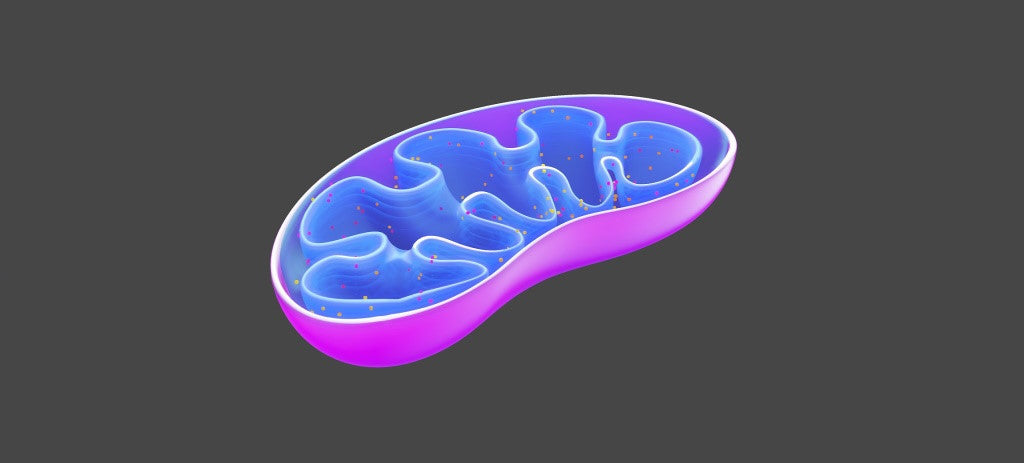immune system and immune defense

What is the immune system?
The immune system is the body's own defense system that protects it from pathogens and pollutants. It consists of three independent defense systems that quickly ward off invaders such as viruses, bacteria, fungi, and parasites, as well as pollutants, ensuring that the body functions smoothly.
What does immune defense mean?
Immune defense refers to the body's defense against invaders such as viruses, bacteria, fungi, parasites, or pollutants by the body's own immune system.
Immune cells support immune defense The bronchi and lungs, the skin, and especially the digestive tract with its huge intestinal surface play a significant role in immune defense. It is no coincidence that over 70% of immune cells are located in the gut. Immune cells include all cells specialized in defending against pathogens and pollutants. They are known as thrombocytes, erythrocytes, granulocytes, macrophages, lymphocytes, leukocytes, killer cells, and white blood cells.
However, immune cells are only part of the forces deployed for defense. Our body has a proper defense system that protects it. It consists of three independent defense systems:
1. The external defense system First line of defense barriers include
- the skin,
- the oral microbiome on teeth, tongue, and inner cheeks,
- mucous membranes in the nose, bronchi, and lungs,
- tear fluid, and
- intestinal mucosa with its intestinal microbiome.
These defense barriers act as mechanical and chemical bulwarks and ward off a large part of the pathogens.
2. The internal defense system When pathogens or pollutants penetrate the external defense system, immune cells, especially white blood cells, attack. The body produces 25 to 100 billion white blood cells every day. In case of infection, when pathogens enter and multiply, the number of white blood cells can increase tenfold. An unimaginable metabolic performance of the immune defense, whose energy is provided by the mitochondria, the cell's powerhouses.
3. Specific defense system
If specific pathogens occur or substances (antigens) are found in the body that it considers foreign, it fights them with highly specific proteins called immunoglobulins. At the same time, your immune defense produces specific defense mechanisms upon first contact with pathogens or antigens, which can neutralize these pathogens or substances upon re-entry into your body.
All vaccinations are based on this defense system. For example, antigen defense in vaccination with harmless cowpox builds effective defenses against the deadly human smallpox pathogens. Therefore, there are practically no smallpox cases today.
A powerful immune system protects against diseases All three defense systems must be effective and in balance so that the immune system does not go awry and attack the body's own cells. The intestinal flora plays a crucial role in this.
We need our sophisticated, intact defense system for short-term defense against pathogens and for the long-term maintenance of orderly body functions. Only with a powerful immune defense can we combat disease attacks and prevent chronic complaints.





Comments